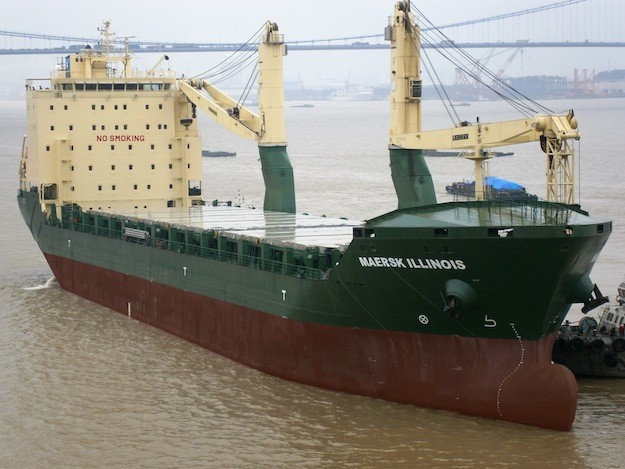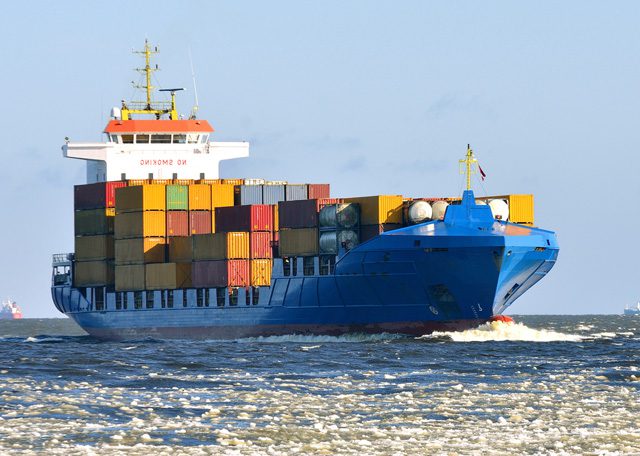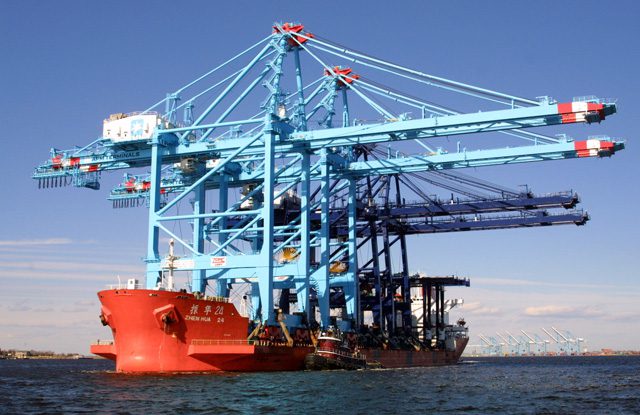Year in Review: The Maritime Stories That Defined 2025
When historians chronicle 2025, they won’t remember it as the year shipping got more efficient or cleaner. They’ll remember it as the year the world’s oceans became a battlefield for...

Intermarine chairman Andre Grikitis cited lack of operational experience last month as one of reasons many shipowners encountered troubles after taking advantage of the KG financing scheme to build vast fleets. Considering the close attention to detail and skill needed to lift awkward and heavy cargoes aboard a ship and transport it to a place that may not even have a pier, Grikitis has a good point, but even before taking delivery of these multi-purpose ships, owners may have been farther behind the power curve than they thought.
Just as project cargoes vary, the ships that carry such cargos vary as well, even though they may look quite similar.
Take this vessel as an example:

Besides the fact it’s missing two large cranes, the above vessel looks quite similar to the Maersk Illinois, however that’s likely the extent of where the important similarities lie. With large, high capacity cranes, the Maersk Illinois was built specifically to pick up and haul heavy cargoes.

Naval architect Jan Rüde, DNV-GL’s subject matter expert on multi-purpose ships notes in a conversation today that project cargoes, unlike bulk cargoes like iron ore or containers, exert unique point loads on a ship’s structure that require precise engineering to ensure the steel frames beneath are sufficiently engineered to handle such loads.
The cargoes that will be loaded on the Maersk Illinois could potentially seriously damage the deck of the blue containership above, or even capsize the vessel. The issue is compounded also by the structural requirements of the deck securing points for these cargoes as well.
The more steel in the structure, the heavier the ship and heavier the cargo, yet the more expensive it is to operate and to build. As every ship needs to have the structural ability to handle the anticipated cargo, this brings up the question, what happens first? The ship, or the cargo?
The answer is somewhere in the middle, as some project cargo ships are extremely specialized such as the Zhen Hua 24 (pictured below), but due to the highly unpredictable nature of the project cargo sector, most prospective owners need to carefully consider what they plan to do with this ship before actually ordering it, as it can be configured in an unlimited number of ways. A close dialogue between the shipyard as well as the class society is recommended.

Looking ahead, DNV-GL says that the current newbuilding trend is toward bigger vessels with cargo flexibility being the key to staying competitive in this sector.
According to data sourced from IHS Fairplay, DNV-GL notes that in 2014, 70 vessels project cargo vessels have so far been ordered totaling 1.4 million tons deadweight. In 2013, 160 vessels (2.6 million dwt) were ordered, the vast majority of which are now being built in China.

Sign up for gCaptain’s newsletter and never miss an update

Subscribe to gCaptain Daily and stay informed with the latest global maritime and offshore news
Essential news coupled with the finest maritime content sourced from across the globe.
Sign Up